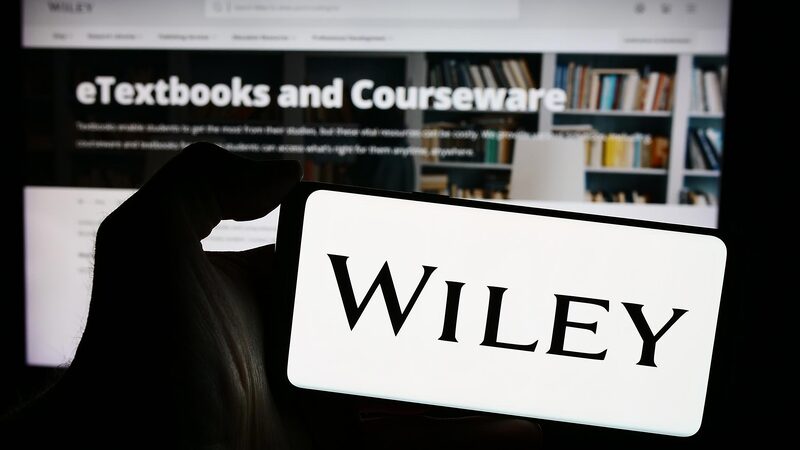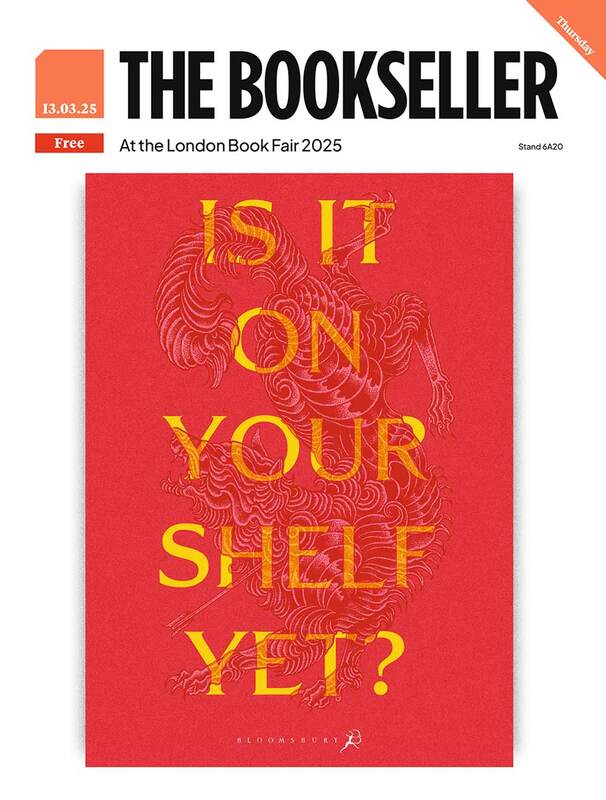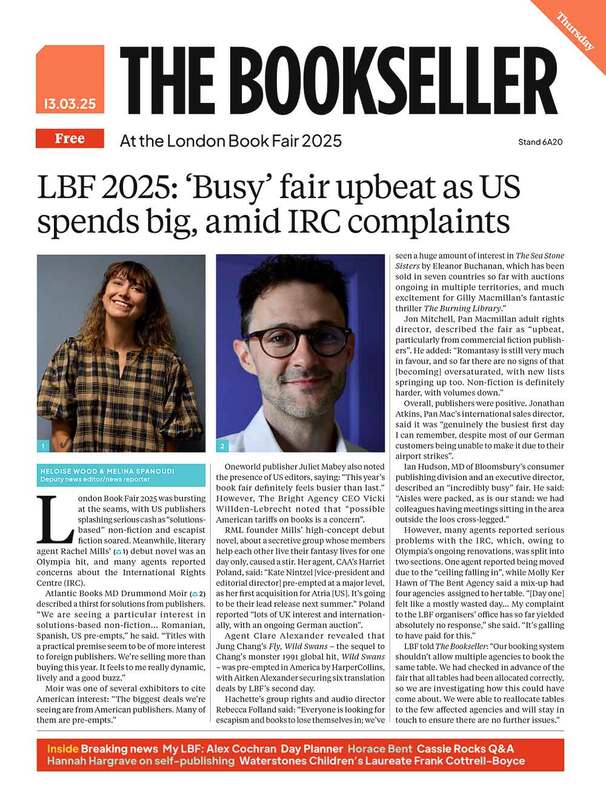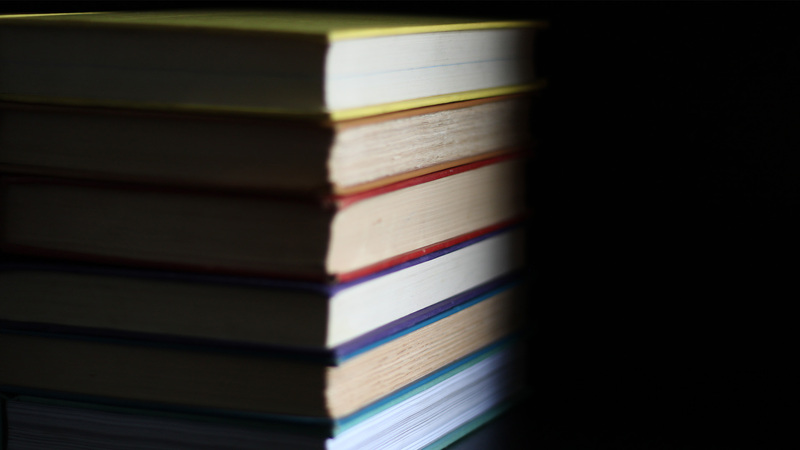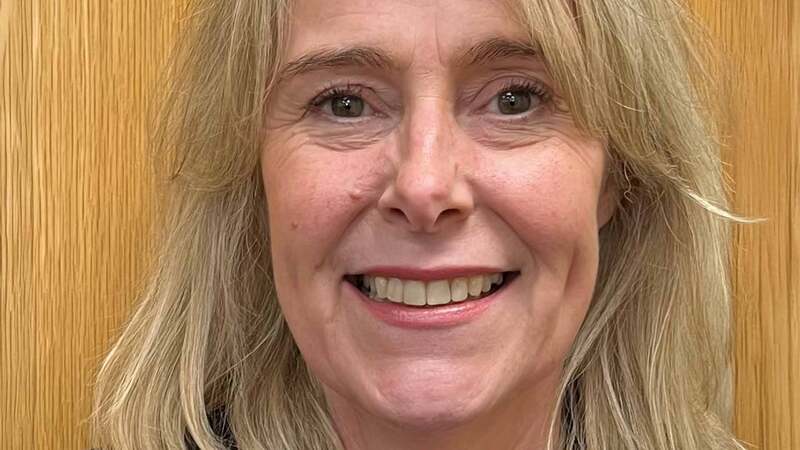You are viewing your 1 free article this month. Login to read more articles.
'Don't punish CUP over censorship U-turn', China urged
The International Publishers Association (IPA) has applauded Cambridge University Press' decision to reverse the censorship of hundreds of articles online from one of its journals, but has also urged Chinese authorities not to punish the press for rolling back on its decision.
The membership body condemned Chinese authorities on Monday (21st August) for pressuring the publisher into initially blocking 315 articles from its China Quarterly journal in China, spanning sensitive topics such as the Tiananmen Square massacre and the Cultural Revolution, which it branded a "retrograde assault on freedom to publish and academic freedom".
After receiving strong criticism for putting its business objectives ahead of its reputation and after academics had threatened to boycott the publisher, CUP reinstated the articles on Monday.
Michiel Kolman, IPA president, told The Bookseller the attempt to censor CUP's articles was "a deplorable attack on academic freedom and the freedom to publish" and it now urged Chinese authorities not to penalise the press for rolling back on its decision to comply with the censorship demands.
"The IPA applauds CUP’s decision to restore online access to its scholarly output in China, and urges the Chinese authorities not to penalise the publisher for its choice," Kolman told The Bookseller. "Beijing’s attempt to prevent public access to content that contradicts the Chinese Communist Party’s preferred narrative was a deplorable attack on academic freedom and the freedom to publish. Both principles are as essential to the advancement of the sciences as they are to progressive, participative societies and successful knowledge economies. The IPA will continue to follow this matter closely, including through direct dialogue with its Chinese member, the Publishers Association of China."
Kolman said CUP deserved "every credit" for restoring full access to the journal - but, he added, "we wait to see what consequences the publisher will face".
"It is the IPA’s duty to challenge censorship wherever it occurs, because freedom to publish is fundamental to our association and publishers worldwide," he said. "State attempts to control the flow of information, especially in the digital space, are short-sighted and misguided. There is no upside to censorship – it simply hampers human progress and stimulates fear and resentment."
The IPA controversially admitted the Publishers Association of China as a member in 2015, despite "freedom to publish" being a stipulation of membership.
Kristenn Einarsson, chair of the IPA Freedom to Publish Committee, agreed CUP had done "the right thing" in withstanding the pressure from Beijing and called China's demand a "deplorable" attack on academic freedom. "Both principles are essential to the advancement of the sciences, and indispensable to progressive, participative societies and successful knowledge economies," Einarsson said.
Index on Censorship, a campaigning publishing organisation for freedom of expression, has also welcomed CUP’s reversal, saying it is “vital” the academic world stands up to pressure from foreign governments to censor their work.
Prior to CUP’s U-turn, Index had told The Bookseller it was “deeply disappointed” by CUP’s stance, suggesting academic publishers had "a particular duty to freedom of expression and must do everything within their power to avoid censorship and not comply with requests from import agencies to restrict access to the material”.
Editor of the Index on Censorship magazine, Rachael Jolley, said: "We welcome the change of heart by CUP not allow articles from The China Quarterly journal to be censored. Index monitors pressures on academic freedom around the world, and has also been covering the pressure coming from China to stop access to materials and information reaching the public over the years. We see it as as vital that universities in this country stand up to any pressure by foreign governments to censor their work."





